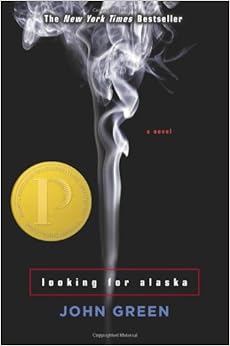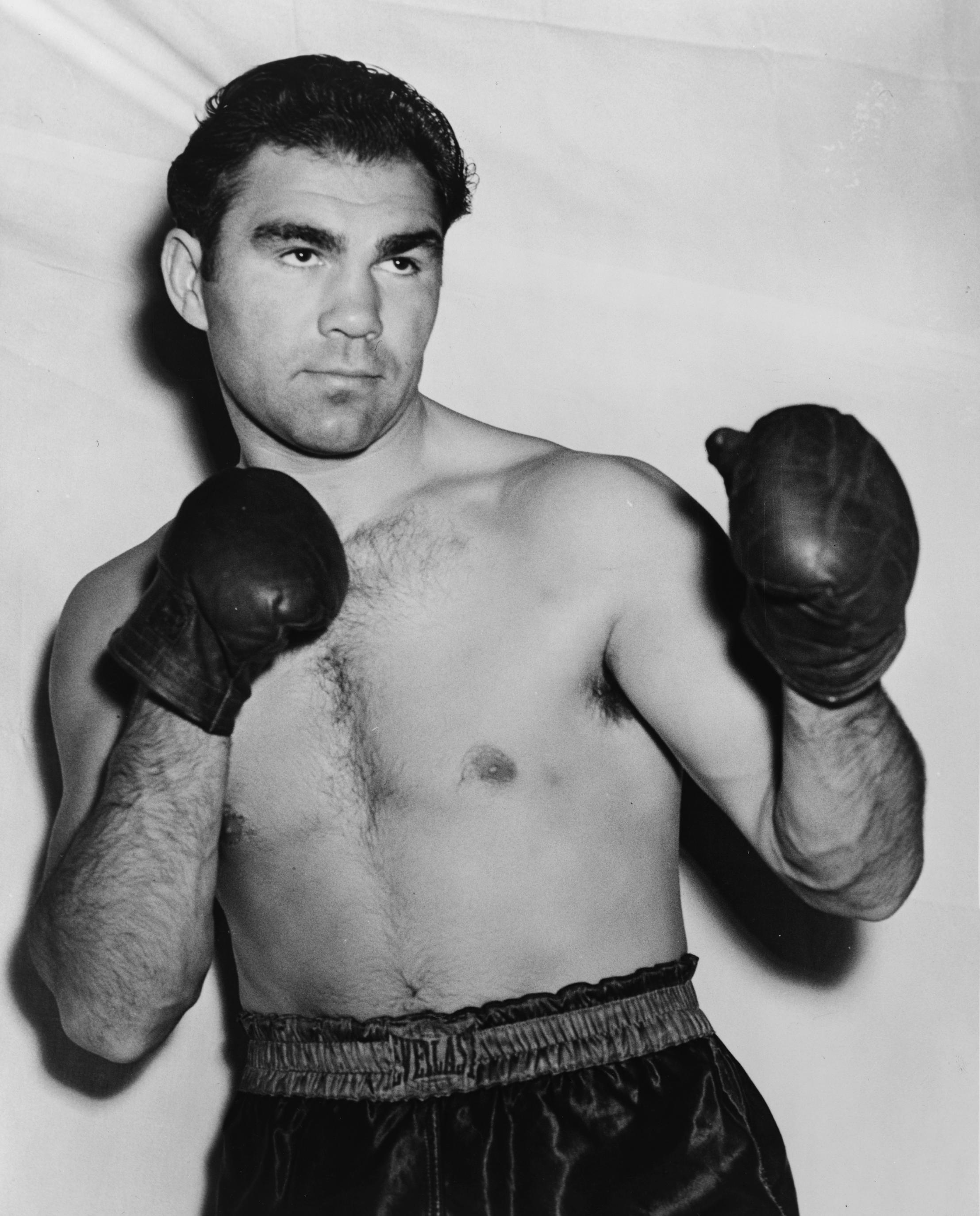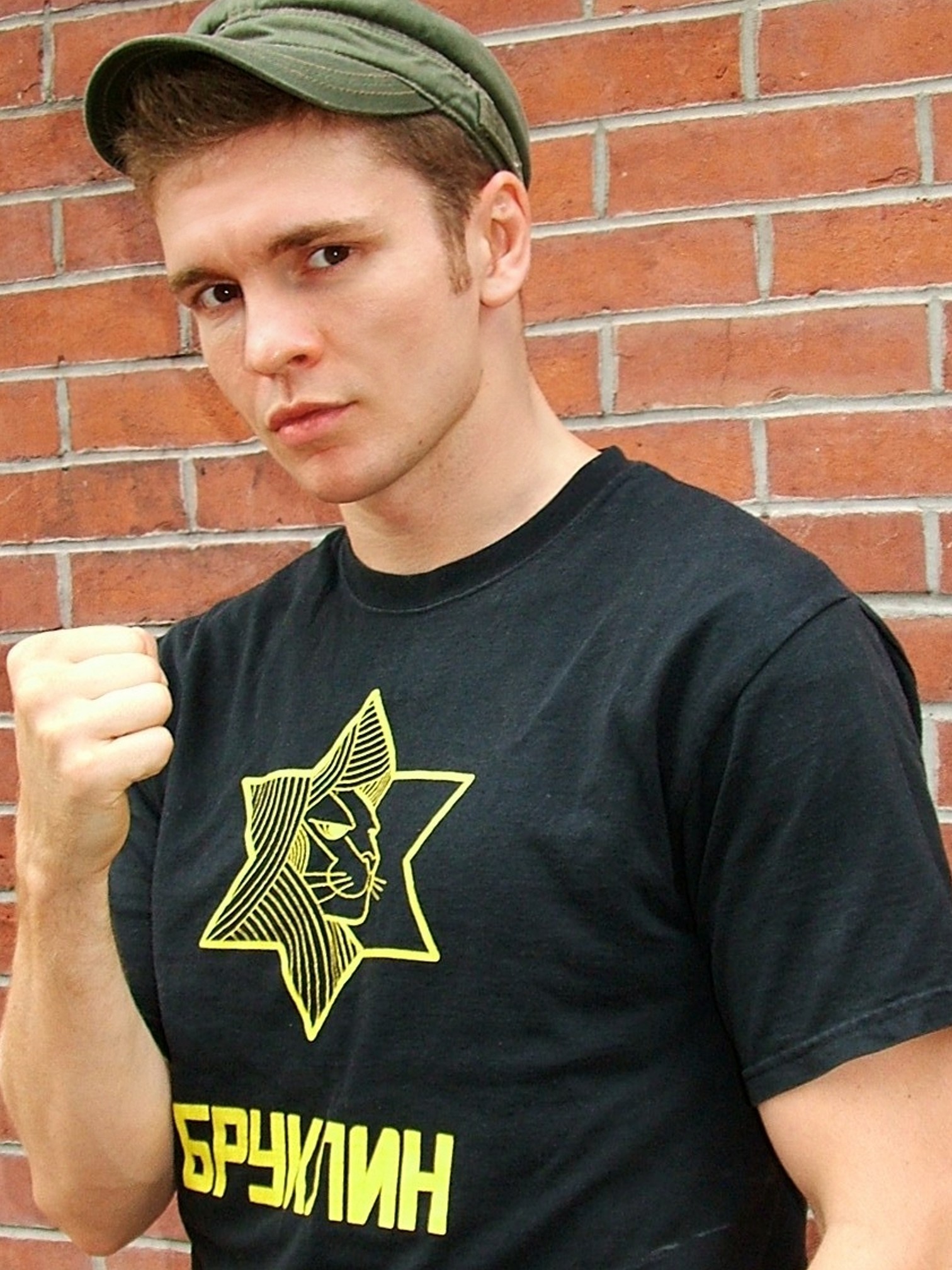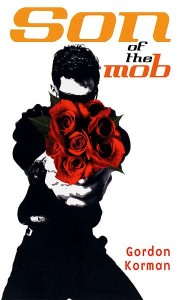Green, J. (2005). Looking For Alaska. Penguin Random House, New York.
Has it really been only ten years since John Green's debut novel, Looking for Alaska, was published? Ten years since the Illustrious Mr. Green sprouted his other works, like Paper Towns, An Abundance of Katherines, and the "Citizen Kane" of teen novels (at least to him), The Fault in Our Stars? If you note a certain sarcasm about Green, it's because I have it. I only saw the film version of The Fault in Our Stars, and to be honest, I found much fault in the film. Quoting Shakespeare doesn't mean BEING Shakespeare, even to a group of dimwitted teens. Looking for Alaska, based partially on Green's own experiences at boarding school, is a book beloved by many: readers and critics alike.
Sorry, I'm not in either group.
Miles Halter leaves his public high school in Florida to go the Culver Creek Preparatory High School in Alabama, which was his father's alma mater. He goes seeking "the Great Perhaps", an answer to what is 'out there', beyond this mortal coil. At CCPH, he rooms with Chip Martin, nicknamed "The Colonel". The Colonel takes one look at skinny Miles Halter and instantly dubs him "Pudge". Miles/Pudge also meets three other people who will be important: the Japanese student/beat-box impresario Takumi, the beautiful Romanian student Lara (who has an accent), and Alaska Young.
Ah, Alaska Young. The beautiful, enigmatic, troubled, fascinating, erotic Alaska Young. Pudge is instantly drawn to this figure who is hard to figure out. She drinks, she smokes, she is someone Pudge finds desirable sexually and emotionally (despite her being a basketcase). While she has a boyfriend, a college student named Jake, Alaska can be coy with our innocent narrator Miles. Pudge has a fixation with people's last words, so much so that he only reads the ends of biographies to find what was the last thing they said. Perhaps there are words of wisdom within them that he can draw from (his seeking "the Great Perhaps" comes from someone's last words). Alaska, learning this, gives him what are reportedly Simon Bolivar's last words, "How can I ever get out of this labyrinth?"
This Collective as I call it is forever at war with The Weekday Warriors, those wealthy kids who leave Culver Creek on the weekends. The group Pudge finds himself in performs pranks on the Weekday Warriors, especially after a couple of them, for retribution for something done last year, almost end up drowning poor Pudge (who just got there). As time goes by, with Pudge introduced to the wonders of drinking, smoking, and near the middle part of the book, a blowjob (thanks, Romanian beauty queen), he still can't let go of his idea of Alaska. Alaska: the girl with the tragic history, who watched her mother die and was so paralyzed with fear and shock she didn't call the police for help. The Colonel, a short guy with a chip on his shoulder (get it, "Chip"), wants to show up his hoity-toity classmates.
Then comes The Day. A drunk Alaska finally grants Pudge what he's long longed for: a passionate make-out session. She promises that this is 'to be continued', but later that night an even drunker Alaska comes in, hysterical and screaming. Despite her being visibly intoxicated and highly emotional, Pudge and the Colonel help her drive out of Culver Creek by distracting The Eagle (the headmaster). The last thing she says to them is "God oh God, I'm so sorry."
The next day, the school learns that she was killed in a car accident, her having run headfirst into a police car that was investigating a jackknifed truck. A group of flowers was found in her car.
The rest of Looking for Alaska involves the Colonel and Pudge attempting to investigate the real cause of death. Was it perhaps suicide? Why was Alaska so hysterical? Miles' own questioning of where Alaska went (if she went anywhere, since Miles has no belief in the afterlife) as well as his own guilt about letting her drive off in that condition plague him. He ignores Lara, who was something of a girlfriend to him. The Investigation is about the only thing that keeps him going, that an a posthumous prank from Alaska Young involving a male stripper posing as a Professor of Psychology specializing in teenagers and sexuality. He begins what sounds like a typical speech, but when Lara, preplanned, shouts for him to take his clothes off, Maxx the Stripper goes full Channing Tatum. As no one can be specifically pointed out to be the mastermind, no one gets punished.
In the end, Takumi provides clues to The Investigation. We discover that the night of Alaska's death was the anniversary of her mother's death. She had always placed flowers on her mother's grave on the anniversary, but this year she forgot. In her distraught state, she may have gone to try and place them now, or perhaps Alaska did really aim for the police car out of guilt. In any case, Alaska is dead, as is Miles' idealization of her. He reconciles himself to that.
What I find hard about Young Adult novels in general is the idea that teens have greater insight and wisdom than everyone else despite their lack of actual life. Green if anything, appears to be a master of encouraging teens to think they have special insight into the world. In fact, Pudge's summing up of the whole matter in a letter to the Colonel before he leaves for home at term's end pretty much states so.
"And if Alaska took her own life, that is the hope I wish I could have given her. Forgetting her mother, failing her mother and her friends and herself--those are awful things, but she did not need to fold into herself and self-destruct. Those awful things are survivable, because we are as indestructible as we believe ourselves to be. When adults say, "Teenagers think they are invincible" with that sly, stupid smile on their faces, they don't know how right they are. We need never be hopeless, because we can never be irreparably broken, We think that we are invincible because we are. We cannot be born, and we cannot die".
Gobbledygook, I says, and phooey on Green for pushing such ideas. I'm tired of teens and the writers who love them too much pushing this narrative that the young know more than the old, and that somehow their own little world is the real world. Teens are quite destructible. Adults are quite destructible. We can choose to be destroyed by the forces oppressing us, or we can accept that the world is something we can make into something beautiful or something awful. We have the power of choice. Alaska's choice was simple: to drink too much, smoke too much, tease Pudge, and then collapse when she remembered what she had forgotten. Pudge and the Colonel, and Takumi's choices were also easy: they could have stopped Alaska from driving. They all had a hand in Alaska's death, and they proved that Alaska was quite destructible.
I tire of teenagers who think they know all the answers to all the questions, and especially of those who coddle such notions.
In a sense, Alaska did kill herself, but not perhaps by deliberately running into the police car. She killed herself long before getting behind the wheel, by drinking too much to drown the guilt she had over something she could not control. It's interesting that Alaska's inability to call 911 when her mother died mirrors Ray Charles' inability to call for help when his younger brother drowned in the tub (the film Ray, which came out in 2004, came to mind for some reason). Ray Charles not only carried the guilt about that, but he even went blind. Yet, despite all that (and being black to boot), Ray Charles not only managed to survive, but thrive. Alaska, a white girl who manages to go to a posh school which probably costs her father a pretty penny, can't.
We all suffer loss, we all suffer pain. We can shoulder it in many ways: family, friends, faith. Alaska had a few of the second, at least one of the first, but none of the third. She did have the bottle and the smokes, which make for a poor substitute.
I never understood Pudge's idealization of Alaska. Yes, she must have been quite beautiful physically, but she was also openly troubled from the get-go. He must be a particularly weak person to not say at one point that Alaska was trouble. He never objected to any of the Colonel's stunts or in the drinking and smoking which he was introduced to (as a side note, I managed to go through high school without drinking or smoking, but then, I went to public high school). Perhaps though, I should not be too hard on that subject. We all have a tendency to romanticize the past, to idealize someone at some point. Most of us though, get over it.
I find it interesting that Pudge is bothered by the fact that he will never know Alaska's final words. Actually, let me field that question. Pudge DOES know Alaska's final words. They were, "God oh God, I'm so sorry". As there was no one else to hear anything else she said, those would be the final recorded words of Alaska Young. I don't understand why Green doesn't allow Pudge to accept that those were her final words.
What I found was that Pudge and Company were themselves a bit elitist. They held contempt for the Weekday Warriors to where they were angered that they would cry at the news of Alaska's death. I found that the Colonel's crew had no compassion themselves. Why couldn't the Weekday Warriors cry? They, and I am speculating on this, weren't crying specifically for Alaska. They were crying for themselves, for the fact that death now had become something real, something they had to face. They now knew they were quite destructible. Also, there is something called empathy. I have cried at the deaths of people I don't know (like those women stoned to death or gay men tossed off buildings by ISIS). According to Green though, I cannot do such things as feel for others. I can only cry for those I know.
OK, I'll grant that perhaps since this is told from Miles' perspective this would be a natural reaction to seeing his 'enemies' cry at the death of his friend. Still, that bothered me, the idea that one could not empathize for someone else.
Looking for Alaska has what I think has become a template for modern YA books: insecure boy, enigmatic girl, offbeat friends fighting against the 'cool kids', some sex, good amount of booze and smokes (legal and otherwise), with occasional dead people thrown in. Based on my memories of the film I don't find much difference between Looking for Alaska and The Perks of Being a Wallflower. There are differences, of course, between them. However, in many respects they share similar traits.
I admit to not finding Catcher in the Rye all that great, primarily because I read it in my thirties, not my teens. Perhaps if I had read Looking for Alaska when I was in high school, I would have been as enamored of it (and of John Green as the literary light he sees himself as) as the many teens who swoon over people their own age who know they are indestructible. I can see the appeal of these kinds of books: with their 'wisdom' about the struggles of rich and middle-class white children (curious how Green has few if any minorities in his books, as far as I know. White privilege, anyone?). For myself, I found Pudge's search for The Great Perhaps dull and slightly narcissistic, as if he was the first to ever fall in love with an idea or know of death at a young age. I found it all a little smug, a little condescending, and frankly I can live with the idea that Alaska died because she drove drunk, not because of her own inward guilt.
Hey, Johnny...I have a few last words for you. They are John Wilkes Booth's final words, as he looked on his hands as he lay dying.
"Useless. Useless".
 |
| Born 1977 |
Heaven help us if HE becomes 'the voice of our generation'.













